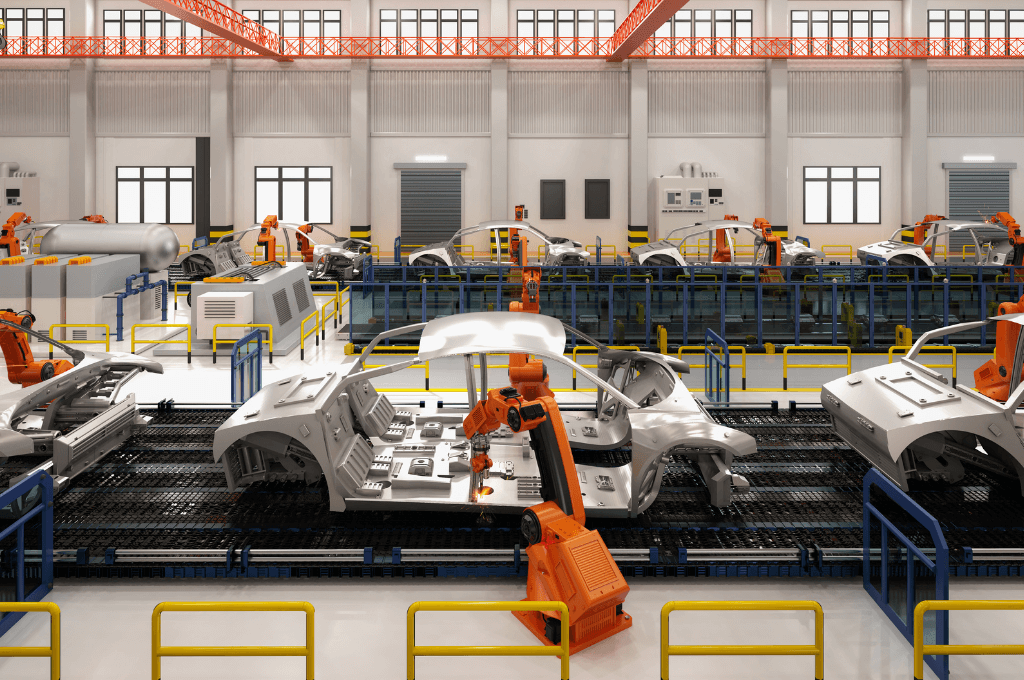Once upon a time, back in 2005, the film Batman Begins showcased Batman controlling his Batmobile – the Tumbler – through an advanced computer system, complete with voice-activated commands. This was a dreamy sci-fi spectacle. Fast forward to 2023, the scene isn’t quite so different. Sure, we may not have machine guns or anti-gravity modes on our cars yet, but with self-driving technology and AI-powered virtual assistants, we’re not far from living the Batman fantasy.
AI is no longer just a concept; it’s a reality that is revolutionizing the way we drive. Be it Tesla’s Autopilot or Cadillac’s Super Cruise, AI systems are now capable of controlling acceleration, braking, and steering without human input. Additionally, driver monitoring systems, such as Advanced Driver Assistance Systems (ADAS), are in place to ensure road safety by detecting driver fatigue or distraction.
Indian automotive industry, too, has embraced this AI-powered transformation. Mercedes-Benz India is a prime example, integrating AI for smarter features like voice assistance (“Hey Mercedes”), active brake assist, and gesture controls. With their “Telediagnostics” feature on the Mercedes me app, the company can monitor a car’s condition and conduct remote diagnostics swiftly, providing enhanced customer service.
Also Read: How This EV Indian Start-Up Is Easing Traffic Congestion And Improving Air Quality In The $28 Billion Market Opportunity
AI integration isn’t limited to the driving experience alone. It’s revolutionizing the production process as well, combining smart manufacturing techniques, connected systems, and human skills. As per experts, the utilization of AI in the automobile industry extends beyond the car itself, with potential to transform supply chains, sales, and manufacturing processes.
Pedro Pacheco, VP Analyst at Gartner, emphasizes the role of corporate culture in this transformation. He believes that technology-focused companies, like Tesla, are more likely to thrive due to their readiness to disrupt and redefine their business models, leveraging software for maximum business benefit.
Indian auto accessory manufacturers, having adopted digital tools of Industry 4.0, are now looking at AI as a promising business opportunity. Sunjay Kapur, President of Sona Comstar and the Indian Association of Automotive Component Manufacturers (ACMA), believes that AI will bring about product, process, and manufacturing disruptions.
ML AI will create countless opportunities for remote maintenance. This will not only make processes more productive efficient, but it will also help reduce wasteful elements in various industries. Additionally, enhanced security features are expected to be seen across all sectors, as per Mr Kapur.
Despite concerns about job displacement due to automation, industry experts like Rajeev Singh, Partner and Consumer Sector Leader, Deloitte, Asia Pacific, and Gartner’s Pacheco, believe that AI is creating new jobs and reshaping the nature of existing ones, rather than replacing them entirely.
In short, AI is no longer a distant dream or a sci-fi fantasy. It’s the reality that’s shaping the future of the automobile industry, right here, right now.
















